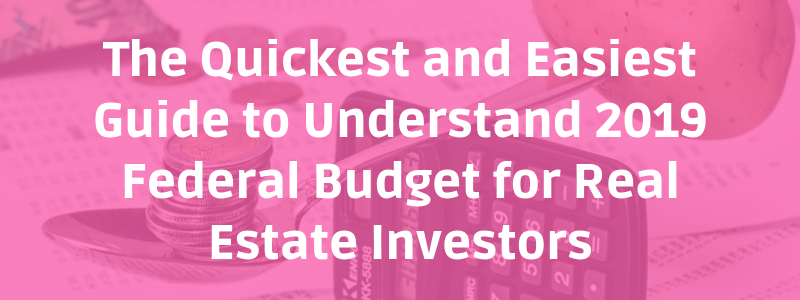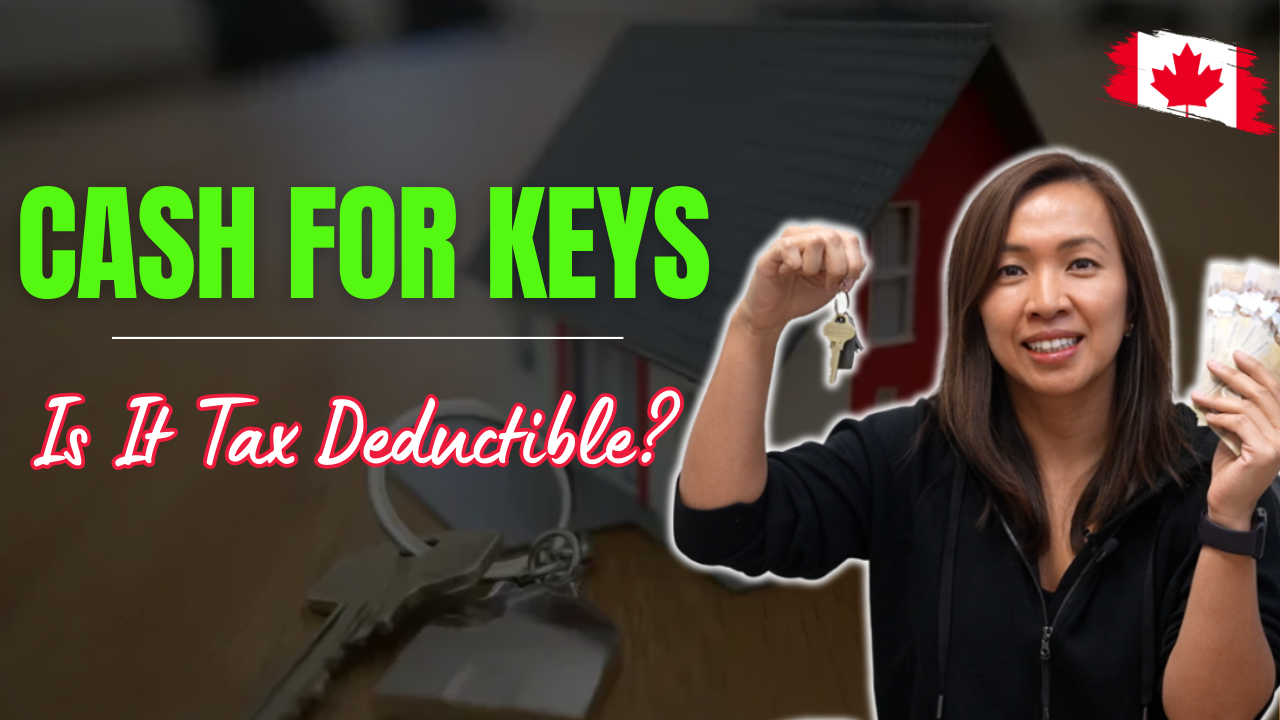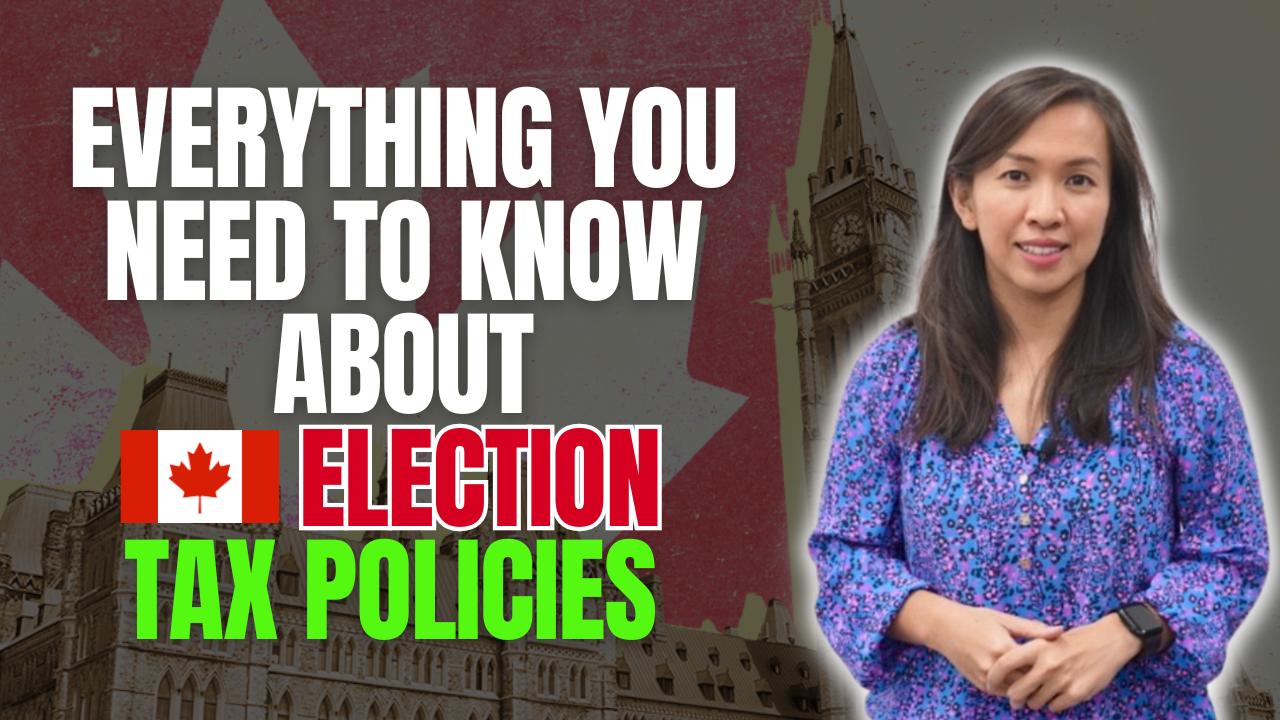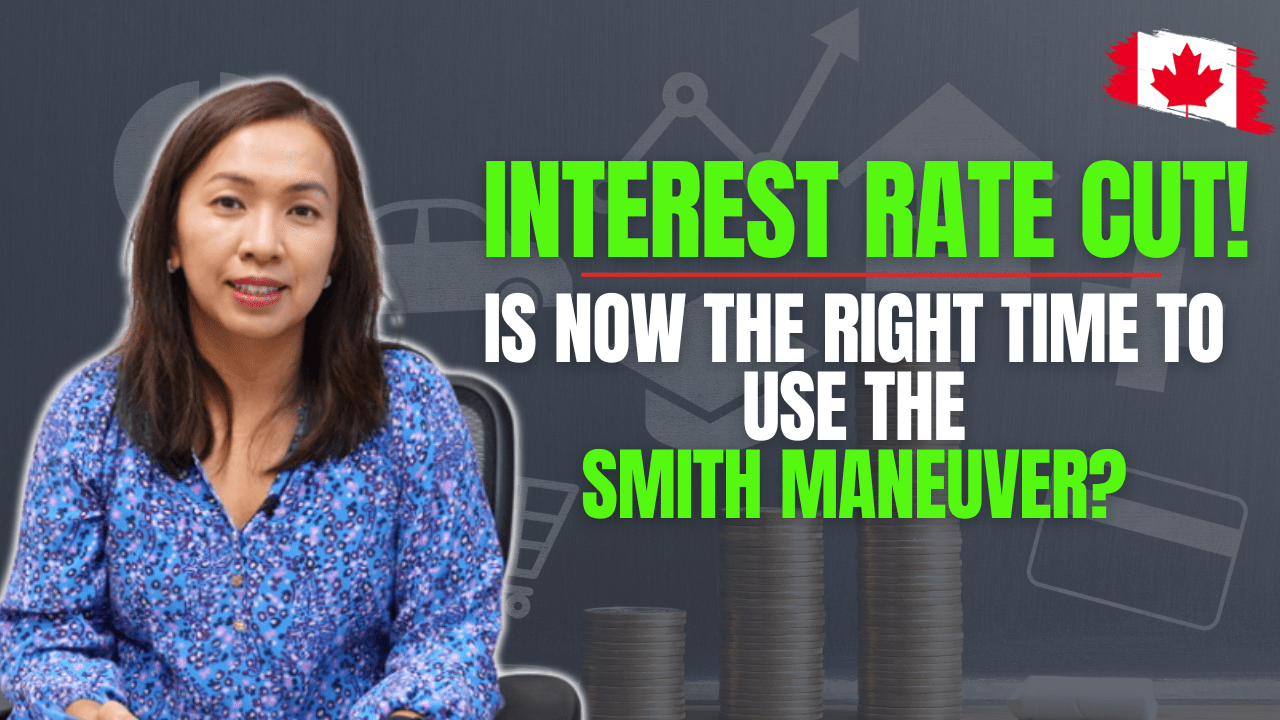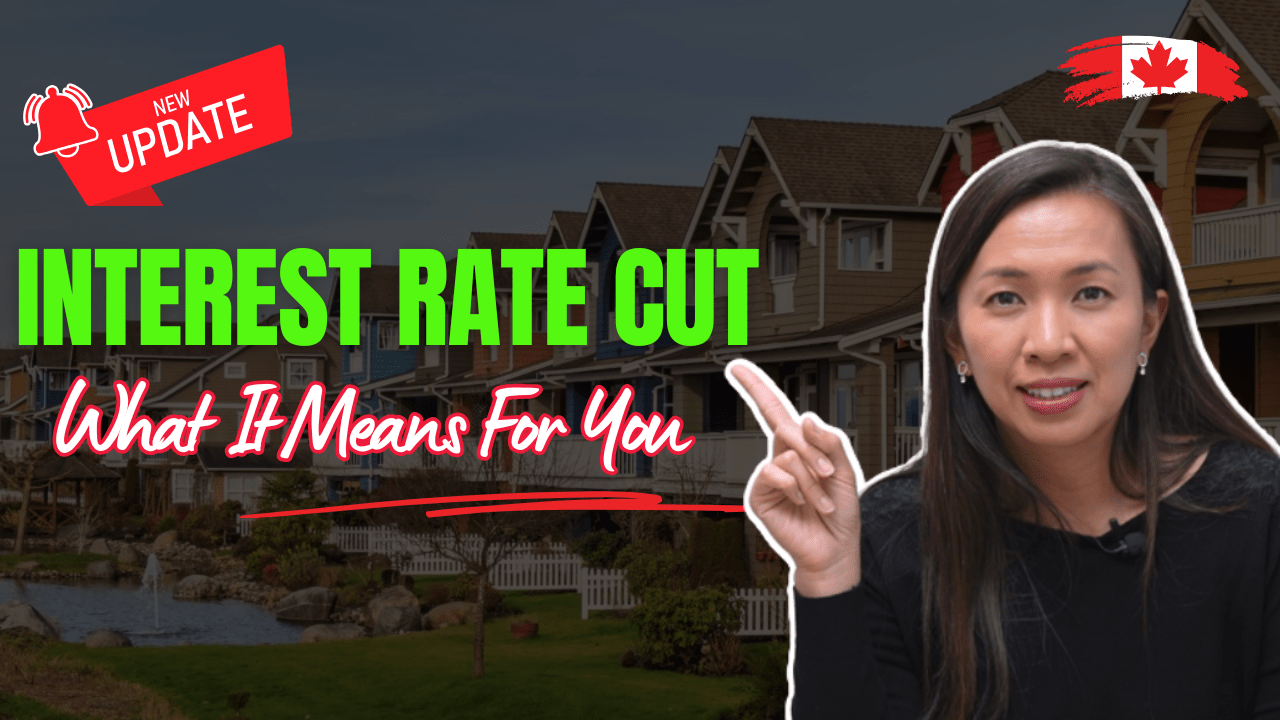I walked into a Rogers store this week looking for a new phone. I had been using Blackberry KeyOne for the last year and a half. The phone is still great, but it just doesn’t give me much flexibility doing videos.
I searched online, I read some reviews and really don’t know what I wanted. I walked into the store hoping to make my final decision based on the feel of the actual product.
It was a bit disappointing… all cell phones look exactly the same as each other.
I ended up getting last year’s model, costing me 2 year of commitment in exchange. No additional charge required.
With a new phone, I gotta shoot some more videos. 😉 If you have not already known, I did a few videos on land transfer tax, how to calculate tax payable on sale of property and the cost of transferring property from personal names to the corporation this past week. You can also subscribe to my channel so you will never miss a tip.
I also went on Rock Star’s podcast this past week! Yay! If you commute a lot and like to learn something on the way to work, here’s the link for you.
Now onto this week’s fun stuff!
It’s budget week.
This year’s budget was a bit boring, compared to last couple of years.
But there’re two things you need to pay attention to as a Canadian Real Estate Investor.
Here is the short and sweet summary for how this year’s budget could affect us:
Spend, spend and spend ☹
- All the new spending proposed in 2019’s budget will result in $22.8-billion spending over the next five years.
- Justin Trudeau’s government is projecting $19.8-billion deficit in fiscal 2019-2020 and $19.7-billion deficit the year after.
- Numbers are meaningless without interpretation.
- Justin Trudeau pledged a balanced budget by 2019 when he was running for the job in 2015. Once he’s in power, he switched his focus from balancing budget to spending.
- Budget is important for a government because…
- Government is like every Canadian. We earn our salary/business income. After paying the government, we’re left with what we can spend.
- If you spend more than you are left with, this means that you must come up with some $$$ from somewhere to cover the expense.
- You can go to the bank to borrow, but you have to convince them that you have the ability to pay them back, plus interest. If you have a house, you often tap into your line of credit.
- Most responsible Canadians would spend less in the coming months, so they can repay the debt, and the interest as quickly as possible.
- Our government, on the other hand, runs a deficit. That means they spend more than they earn.
- And they keep borrowing, because they have the power to.
- They’re in the same shoes as most Canadians, they have to pay interest on their debt.
- But interest payments are due tomorrow, the year after, annually for many years. So as the loan borrowed.
- Our government’s revenue comes from tax.
- When we’re running a deficit, we’re borrowing money. When we’re borrowing money, we’re using the tax revenue from the future to pay for today’s spending, because interest payments are due over the next number of years and the debt will be repaid in the future.
- In another words, our government is borrowing from our future tax revenue to fund today’s spending.
- This future tax revenue can be coming from our future earning ability and our kids’ future earning ability.
- So running a deficit also means that our kids and many more future generations are paying for the spending we’re incurring today.
- And now you know why all news focus on “balance” the budget. Even if Justin Trudeau is elected this fall, there’s no plan in sight to balance the budget.
- This means that we will continue to borrow from our future to spend today.
Sometimes, I wonder how governments can be so irresponsible at spending their money, not their money, our hard-earned tax dollars.
First time home buyer
CMHC now lends you money to purchase your first home provided the following criteria is met:
- Your household income is less than $120,000. If you’re household of one (single), your income has to be below $120K to qualify. If you’re married or have a common law partner, then the combined income between the two of you must be less than $120,000.
- The purchase price of the property must be below $400K.
- You can apply to get 5% to 10% of their mortgage via a shared equity program with Canadian Mortgage and Housing Corporation.
- The amount you can get from CMHC also depends on whether you’re buying a new home or an old home. New home, you can get 10%. Old home, you can get 5% from CMHC.
- If you have 5% downpayment to purchase a $400K brand new property, in the past, you would have borrowed $380K. Under the new program, you can get $40,000 from CMHC and so your mortgage is now $340K.
- Less monthly payment for first time home buyer.
- Because you’re now qualifying for $340K mortgage, you need less income to qualify, making it easier for you to purchase a home.
- You will have to repay the $40K funded by CMHC.
Canadians can “borrow” from their Registered Retirement Saving Plans to purchase their home. The maximum you can borrow was $25,000 and you would have to repay it over 15 years.
To assist first time home buyer, the Liberals government increase the borrowing limit to $35K, effective immediately.
Will these two measures boost the property prices where you and I invest? This depends on the market you are in. It will have some effect in areas that have housing prices less than $400K.
Until next time, happy Canadian Real Estate Investing.
Cherry Chan, CPA, CA
Your Real Estate Accountant
